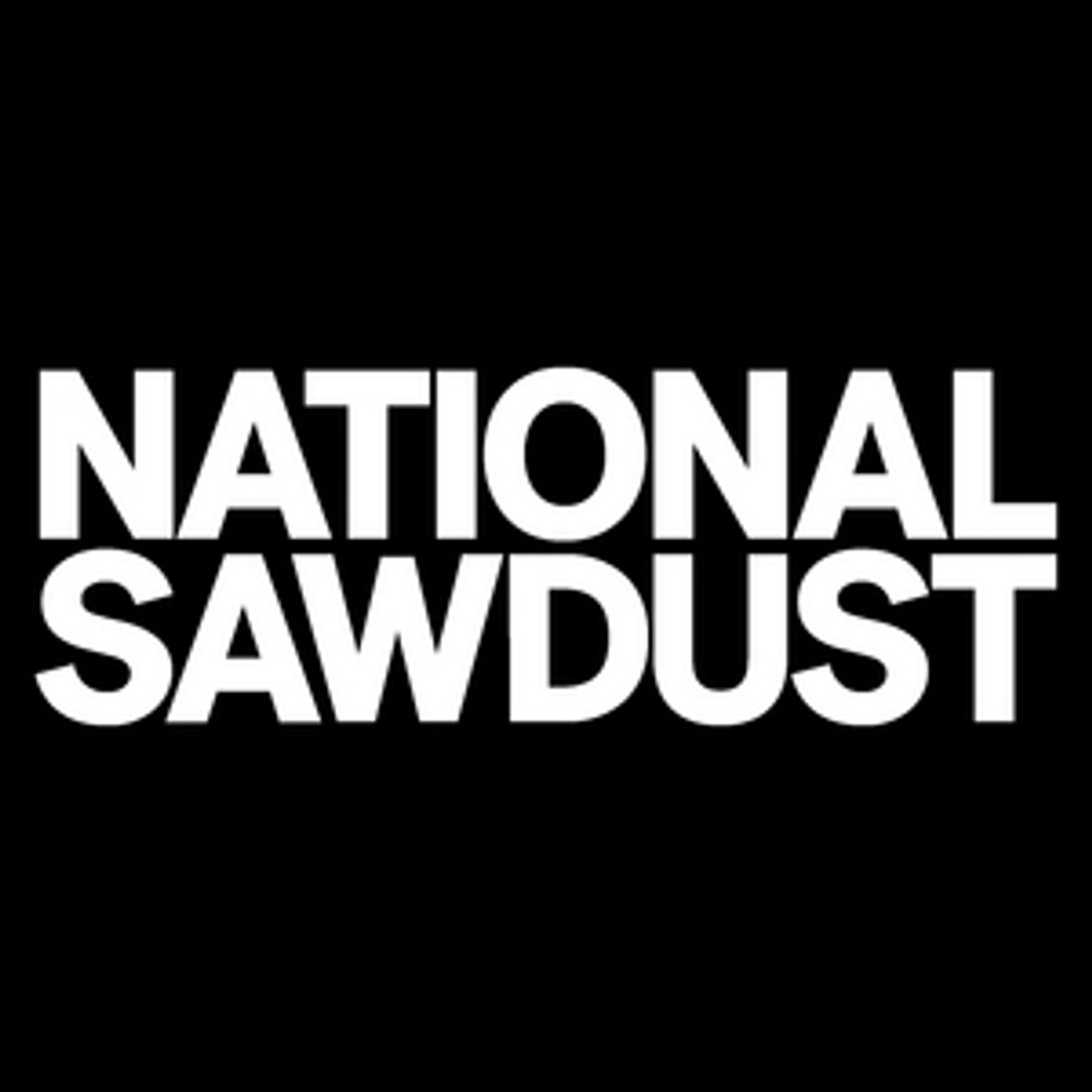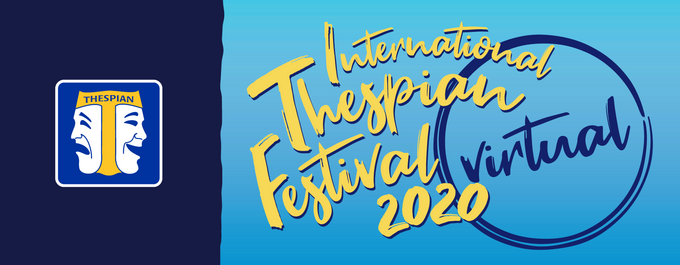National Sawdust Presents 2021 Winter/Spring Season: BODY / SPACE
Programming features 25 commissions featuring over 65 artists, leadership training and mentorship for over 100 artists.

National Sawdust's upcoming 2021 season, BODY / SPACE, celebrates the innovation and reinvention of performance for the virtual stage. They focus on the body as a site of expression and social change to reimagine notions of race, gender, ability, community and artificial intelligence. Their mandate for artist mentorship is stronger than ever as they come together to build a platform for novel works that amplify all voices and people in times of struggle. As we emerge from a year of transformational revolution and mourning, National Sawdust reaffirms the power of art for healing and emancipation with a multidisciplinary, multiplatform program created to bring audiences and artists together while exploring the expanded possibilities of performance in the digital space. The digital stage is made possible through the generosity of the Alphadyne Foundation, the New York City Department of Cultural Affairs in partnership with the New York City Council and other donors.
This season, the body takes center stage as a site of expression, joy, experimentation, pleasure, improvisation, spirituality and resilience. As they continue to push the boundaries of performance for the virtual stage, the body pushes back. Sometimes that resistance comes from revolutionary ideas, as in the case of their recent FERUS Festival performance with British-Iranian composer Ash Koosha's immersive, collaborative musical performance centering on the AI-being YONA. We may be swept up in a moving meditation on reincarnation by choreographer Kyle Abraham that brings to life a haunting composition by electronic music producer Jlin based on Mozart's "Requiem in D minor." It expands and contracts in the percussive soundscapes and "breath conversations" of South Korean drum master Kim So Ra. In Molly Joyce's compositions and Jerron Herman's choreography, the body channels disability as a creative source. The body reacts to the intimacy of romance with choreographer Sonya Tayeh and Rhye's What Becomes of Love, a defiant celebration of empathy, resistance and radical inclusiveness.
Ideas have always been at the heart of the mission at National Sawdust. This year, they will continue to foster intellectual conversations with a series of programs that address urgent issues in culture and society. Their in-progress Digital Knowledge Hub is being created as a platform for provocative ideas on leadership and the arts. Through conversations, interviews and scholarly inquiry, they will connect past and present, art and history, Brooklyn and the world. In the first installment of their new podcast Active Hope, Kamilah Forbes, the critically-acclaimed theater director and Executive Producer at the Apollo and Executive Producer at the Apollo, joins spoken word poet and Vice-President of Social Impact at The Kennedy Center Marc Bamuthi Joseph and composer and Co-Founder/Artistic Director of National Sawdust Paola Prestini to reflect on the role of the artist as leader and our collective need for optimism and positive change in these polarizing times. They continue to collaborate with leading arts organizations, including the Apollo Theater, the Rubin Institute for Music Criticism at the San Francisco Conservatory of Music, The Kennedy Center and more. The community they have gathered over the years continues to be the greatest source of strength.
Following the recent premiere of the aforementioned sixth annual FERUS Festival - available to stream now - National Sawdust begins its 2021 season in earnest with the continuation oftheir trend-setting Digital Discovery Festival (DDF). Launched in April of 2020, only a month into the pandemic, the first round of DDF featured performances and conversations with artists including composer Vijay Iyer, theater legend Robert Wilson and singer-songwriter Emel Matlouthi. The Digital Discovery Festival continues into 2021 with debut screenings of performance films airing every Thursday at 6PM EST, starting on February 11. All DDF performances are free and available on-demand following their stated online premiere.
Highlights will include new work choreographed by Tony-nominee Sonya Tayeh, scored by R&B star Rhye and performed by members of the American Ballet Theatre (March 4); a performance by eco-activist and sonic provocateur Galya Bisengalieva with Kazakh filmmaker Sana Serkebaeva (February 25); an exploration of traditional Korean folk music and movement led by percussionist Kim So Ra and contemporary dancers (February 11); new work from indie-pop singer-songwriter sisters Delune underscoring an avant-garde animation by Hungarian-Russian filmmaker Alexandra Hohner at the National Sawdust space (March 18); The Vanishing Point, an experiment of film, music, and theater constructed by experimental musicians Lisel (Eliza Bagg) and Booker Stardrum, choreographer Gwendolyn Gussman and filmmaker Alex Taylor (February 18).
As we dream in and of the future, they uphold their legacy mandate with a series of partnerships with students and emerging artists and composers from the Juilliard School and the NYU Center for Ballet and the Arts. After all, what better voices of hope do we have than those of new generations? The season will include commissioned recital concerts from the current enrollees of two of National Sawdust's mentor-based programs: The Hildegard Commission, which supports women, trans and non-binary composers in the early stages of their careers (March 11) and The BluePrint Fellowship, which provides mentorship opportunities for Juilliard's women-identifying student composers (March 25). This year also marks the return of a partnership between National Sawdust and Beth Morrison Projects: 21c Liederabend Op. World Wide (digital), commissioning international composers to reinterpret the nineteenth-century tradition of Germanic art song for piano (April 29).
In keeping with the ethos of connection inherent in the theme of BODY / SPACE, all of National Sawdust's winter and spring events explore the boundaries and mechanics of connection. The ability to expandtheir stage into the endless virtual space of a streaming platform allows National Sawdust to explore the possibilities of dance and film to an unprecedented degree of variety and intensity. In some cases, these collaborations have been entirely remote, while others have embraced the complex evolutions of distanced development necessary to culminate in an in-person production.
Fulfilling this mission would not have been possible without a $300,000 grant from the Virginia B. Toulmin Foundation to National Sawdust and The Center for Ballet and the Arts at NYU in support of new work from women and gender-variant choreographers and composers. This generous donation is aimed to narrow the gender gap for the future of music and dance by ushering in the next generation of artists, with an emphasis on creators of color. The initial cohort of Toulmin Fellows presenting via the National Sawdust website includes choreographer Amy Hall Garner (April 1), artist/activist Brianna Mims (April 8), composer/performer Molly Joyce (April 15) and duet of composer Marisa Michelson and interdisciplinary artist Miriam Parker (April 22).
Also in April, National Sawdust Tracks, the organization's music label, will release their newest album, ZODIAC from Sawdust co-founder Paola Prestini. Prestini describes the work as "a culmination of years of collaboration and a family of sound bound by friendship, collaboration, and poetic imagery." Her compositions are performed by cellist Jeffrey Zeigler and feature interludes from vocalist Tanya Tagaq, David Cossin, Cornelius Dufallo, and Nels Cline; poetry and recitation by Brenda Shaughnessy and Natasha Trethewey; additional poetry by Pablo Neruda and Anaïs Nin, as performed by Paola Prestini and Maria Popova; with a new film by Murat Eyuboglu, featuring bhutto dancer Dai Matsuoka and the ballerina and choreographer Georgina Pazcoguin (April 1).
Future months will see the official announcement of specific dates and artists for their forthcoming Spring Masterclasses in April, May, and June (featuring visionaries such as Raven Chacon, Jeffrey Mumford and Yuval Sharon); The Baldwin Protocol, a new multimedia series with poet and musician Roger Bonair-Agard; the launch of National Sawdust's Knowledge Hub, a free online source for ideas exchange and mentorship provided by the institution both during and before COVID; the release of a new recording of Terry Riley's 2003 classic score Archangels as performed with The Choir of Trinity Wall Street; and additional installments of the Active Hope podcast.
Click here for complete information about all of National Sawdust's 2021 Winter/Spring programming
Videos


